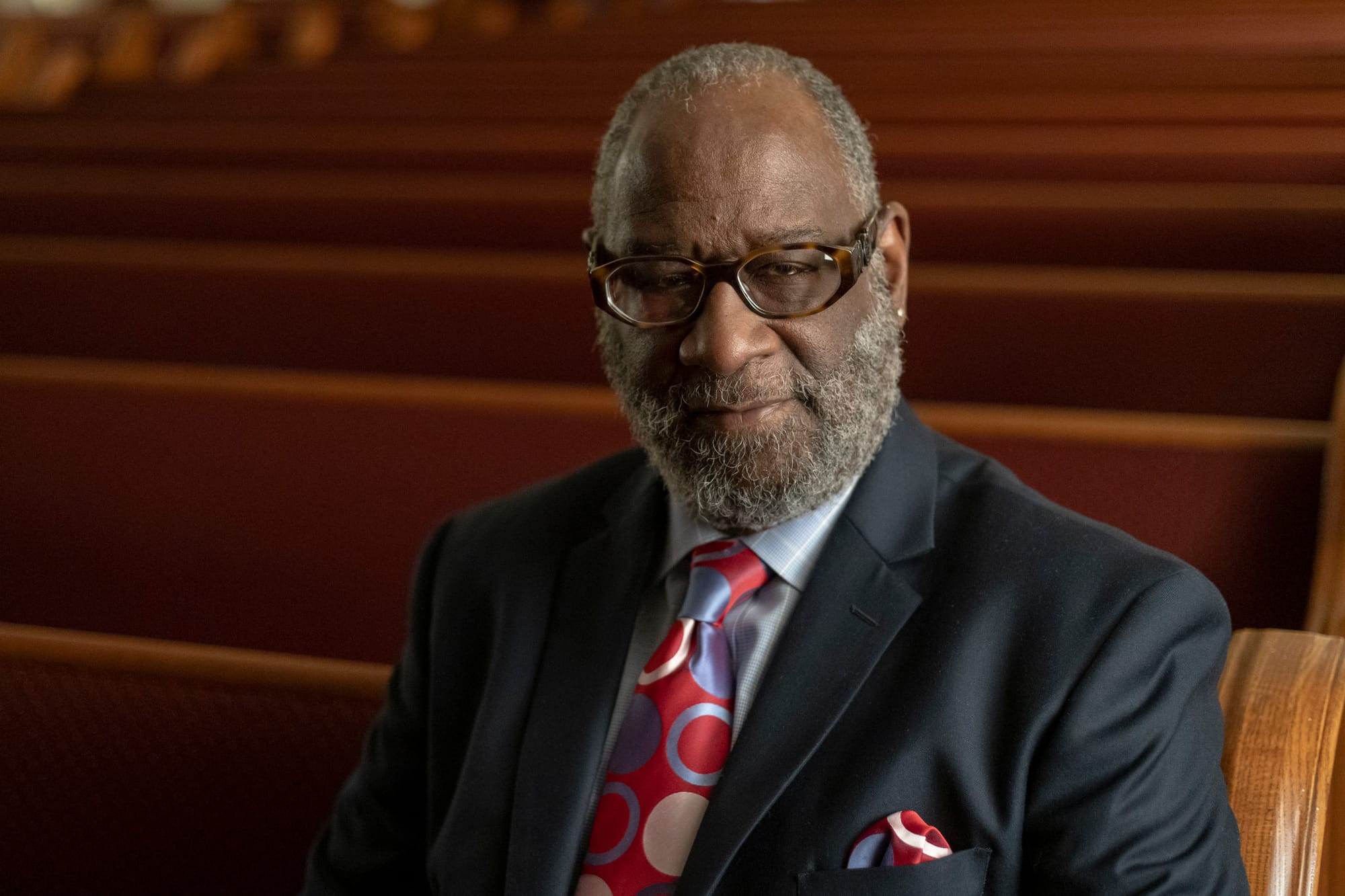Move, Councilor Crabb—Get Out of the Way of Progress
At a time when Columbus has a real opportunity to bring long-overdue growth to the South Commons area—a part

By Wane Hailes
The influence of Black communities in shaping political outcomes is undeniable. Time and again, our votes have played a decisive role in elections, suffering from historical disenfranchisement yet showing resilience and unity at the polls. However, despite our significant impact, Black media often faces a frustrating reality: a lack of financial support from political candidates, particularly in the form of advertising revenue.
Black media outlets provide crucial platforms for communication and information dissemination within our communities, serving as trusted sources that reflect cultural experiences and challenges often overlooked by mainstream media. These outlets stand at the forefront, amplifying voices and driving conversations that matter most to Black audiences. Yet, as political campaign seasons ramp up, our vital media entities frequently witness the sidelining of their potential by candidates who choose not to invest in them.
This marginalization is not only disheartening but also perplexing, considering the critical role Black communities play in elections. Campaign strategies fail to recognize the direct line these outlets have to the heart of their communities, as well as their power to influence and mobilize voters.

The disparity in advertising support can be attributed to several factors, including outdated perceptions about reach and influence. Some campaigns may misjudge the impact of Black media, presuming that larger mainstream outlets are sufficient to engage Black voters. This miscalculation overlooks the unique connection and trust Black media has cultivated with its audience, which is not easily replicated by broader platforms.
Furthermore, the decision to underfund Black media raises broader questions about equity and respect. It signals a troubling disregard for the importance of these media voices and, by extension, the community they represent. This lack of support perpetuates cycles of underinvestment and undermines the sustainability of Black media outlets.
A shift in campaign strategies is not only warranted but essential. Political candidates should recognize that supporting Black media is an investment in fostering informed and engaged communities. By allocating advertising funds to Black media outlets, campaigns demonstrate a commitment to valuing the voices and concerns of Black voters. This approach not only strengthens the democratic process but also respects the significant contributions Black communities make to political landscapes.
To bridge this gap, political operatives need to prioritize outreach and establish meaningful partnerships with Black media. These alliances must be built on mutual respect and understanding, ensuring that Black communities are not only heard but also financially supported through advertising dollars.
Political candidates and their campaign teams need to acknowledge the frustration of Black media and take concrete steps toward equitable support in advertising. Only then can we ensure that every community's voice is truly amplified and respected in the political sphere.